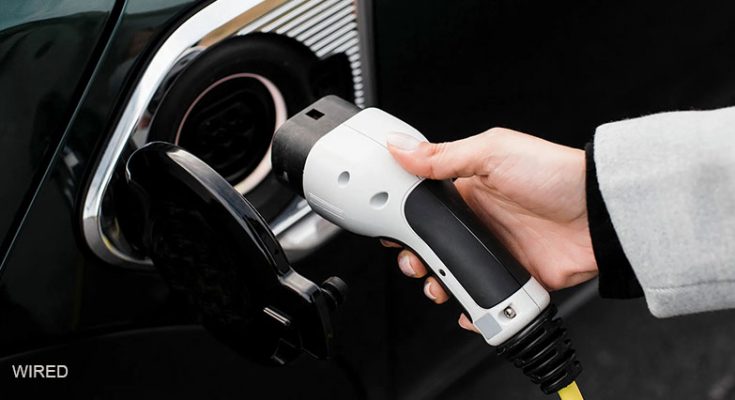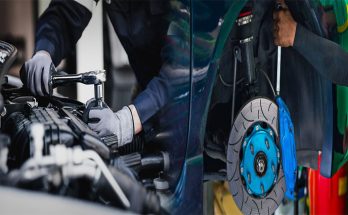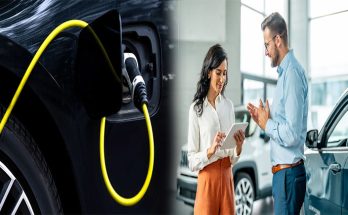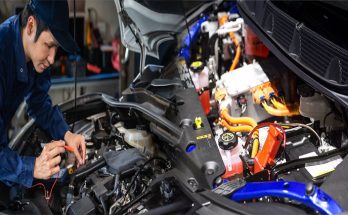The world is moving toward greener transportation options like electric cars and scooters. While these alternatives offer convenience and environmental benefits, they also require a much longer battery life than conventional vehicles.
Can you imagine leaving home without knowing whether or not your vehicle has enough power left to get where you’re going?
In recent years, companies and governments around the globe have committed significant resources to improve the efficiency and capacity of batteries. As a result, battery life has increased dramatically.
In the EV market, when you want to buy or sell any car in Dubai, the first thing you will ask about is the battery as it is the main element of an electric car. It is therefore normal to ask the question of its lifespan when choosing a 100% electric vehicle.
But did you know that it is possible to extend the life of your battery with a few simple actions?
Battery Life
The service life of some batteries can be 300,000 km to 800,000 km. The battery life of many electric vehicles is already more than enough for most people and longer than the life of many gas-powered cars.
Modern electric vehicles cannot overcharge, over-discharge, or overheat. These built-in safeguards alone have an impact on extending EV battery life.
On your end, there are some steps you can take to extend your battery life.
- Avoid deep discharges – less than 20%
Not letting the battery level drop below 20% can also ensure you always have enough charge.
- When possible, only charge up to 80%
That is a good target if you can cover your daily driving distance with an 80% charge level. Near-full EV charging is more than enough for daily commuting for most drivers.
A full charge is not ideal for lithium-ion batteries. An added benefit: this leaves room to store regenerative braking energy.
You can usually lower your EV’s maximum charge limit with your onboard computer or charger.
- Try to keep your electric car at the right temperature
A lot of people think they know what it takes to boost range: Use less power! This advice doesn’t apply if you’re trying to improve efficiency by driving at higher speeds (unless your average speed is already high). Instead, focus on improving the efficiency of the batteries themselves. One way to accomplish this is to keep them cool, which can reduce heat produced by friction during braking.
Lithium batteries work best in the same temperature ranges that we humans do.
If it’s too hot or too cold, most EVs cool down or warm up, which takes more power.
If you want to avoid this, park in the shade in hot weather and a garage in cold weather if you can.
- Moderate acceleration
Just as it saves fuel, smooth acceleration will help avoid unnecessary battery drain.
Some drivers believe they can save energy by going from 0 to 60mph in 10 seconds (or less). But this isn’t true unless you keep the engine running at maximum power through the sprint. Most cars take longer than 10 seconds to reach 60mph, and some take considerably longer. The best advice is to accelerate gently, then coast down gently. That will conserve both fuel and electrical charge. It will also reduce wear and tear on brakes and suspension components which will increase your vehicle’s value if you get a car valuation online in Dubai.
- Limit fast charges
Charging your EV overnight at home rather than on high-speed charger results in less voltage and less battery heating.
“Supercharger” type fast charging stations (usually near motorway service areas) already allow charging up to 80% in about 30 minutes. That facilitates EV journeys with refuelings for tops/meal breaks.
Of course, if you need to use a high-speed charger while traveling or because you don’t have access to charging at home or work, go ahead and use it.





